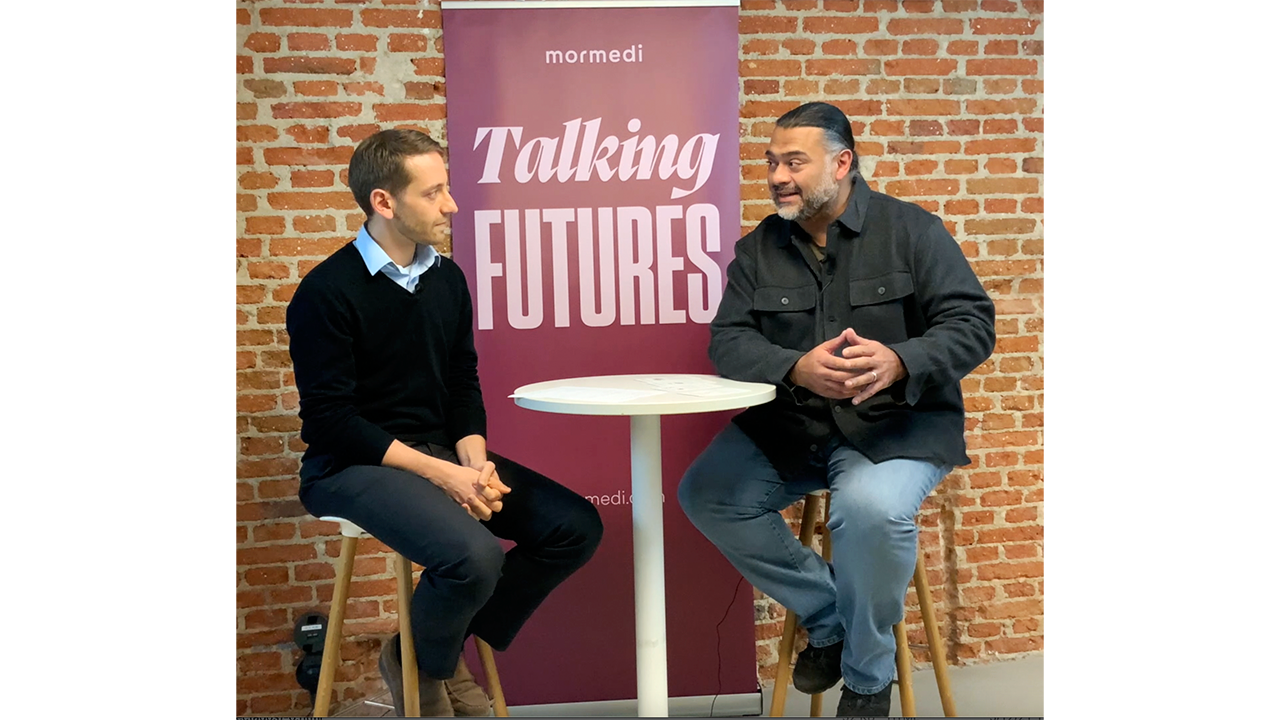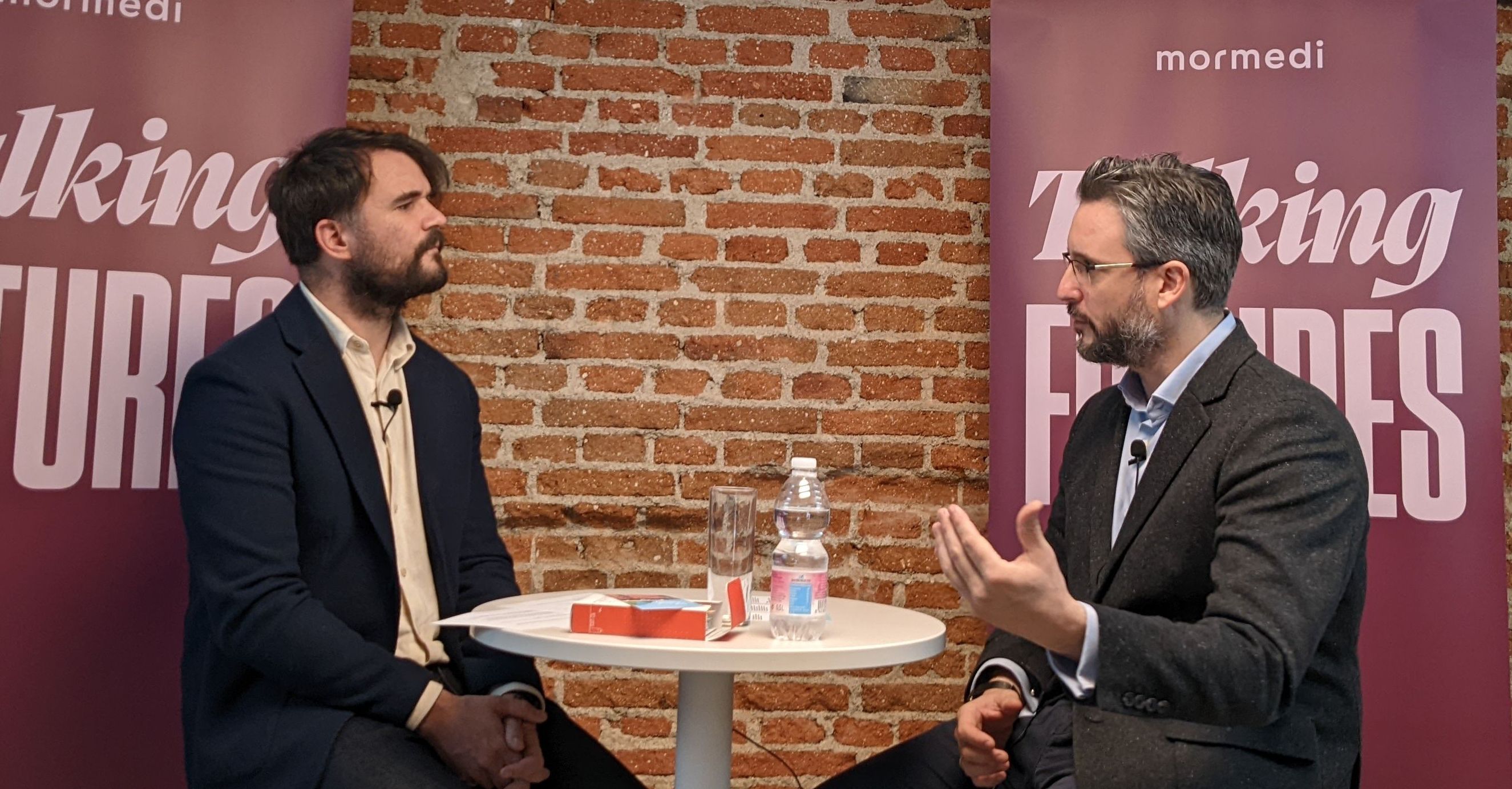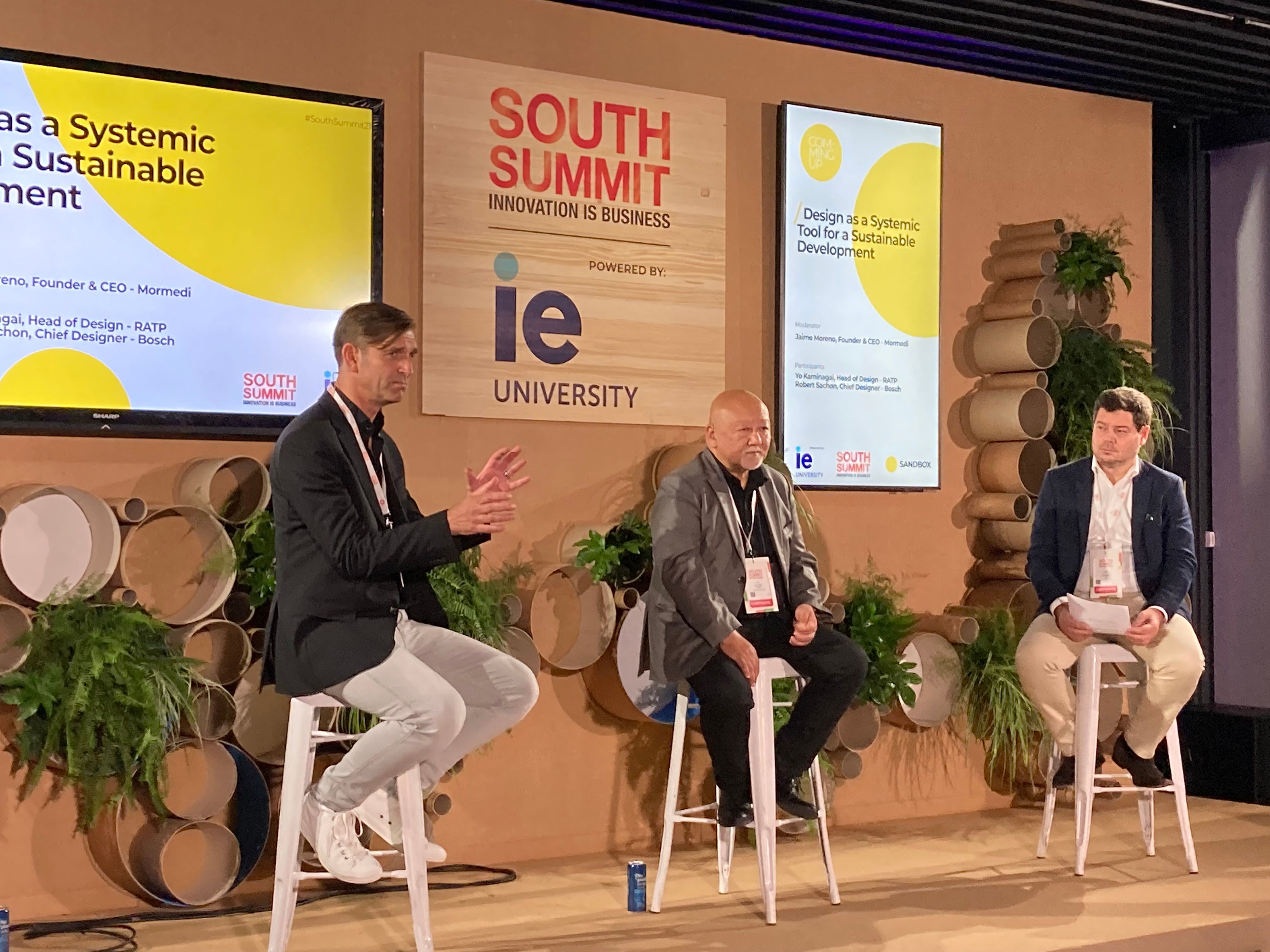
Talking Futures #2: The role of space typologies
Valeria Velasco Giraldo
Marketing & Communications
Last week we had our second "Talking Futures", a series of short conversations, about the trends that are becoming part of our lives.
This time, our Director of Business Strategy, Maruan El Maghiub had the opportunity to share some thoughts with Adipat Virdi, an immersive strategist and previously Creative Product Lead for VR Global at Facebook who is now consulting with Mormedi on Immersive experiences.
In this conversation, Adipat shared his thoughts on how space typologies are setting a trend of how they are seen as spaces from which many insights can be drawn.
Here are some excerpts from the conversation. In case you've missed it, you can access the full interview either through our podcast on Ivoox and Spotify or on our Youtube channel.
Why did you choose this trend?
Because it's in my DNA. In terms of my career, I started life as an architect, and it was one of these things I actually didn't think I wanted to be an architect, I didn't enjoy it, but it wasn't about the building. What I learned as I went through that career was it's not about the physical space. It's actually about the space that the physicality of the building leaves behind.
It's like all the stuff that happens in the space, the nontangible bit of a building, and it gives us so much insight into things. So for me, that's really important. And it's like a living, breathing organism that you can curate for whatever you want, so that´s exciting.
Where would you say we are with this trend today?
My work in Immersive and looking at VR and where that's going. The notion of how we actually create space, how we interact in it, how we use it as a method of design is very much where I think we're going. So I remember we worked on a project for the government in the UK, and it was very much about, well, how do we create a more effective organization? So there's all sorts of thinking around business process, behavioral dynamics. But essentially it came down to, well, where are all those things taking place? How is the space configured? And I think that's where the trend is now.
How do you think that this is going to impact the world in the next five years?
In terms of the future, especially going back to the metaverse, everyone's talking about this word right now is, what will that mean in terms of really designing spaces that are impactful have not just commercial impact, but social impact? How can I design an environment where I can build experiences where we can actually look to make answer questions that are at the forefront of people's minds?
How can we create intelligence in the spatial environment to give us feedback about being more effective or a better version of ourselves? Ultimately, if we're thinking philosophically. So I think that's where it's kind of going.
(…)


